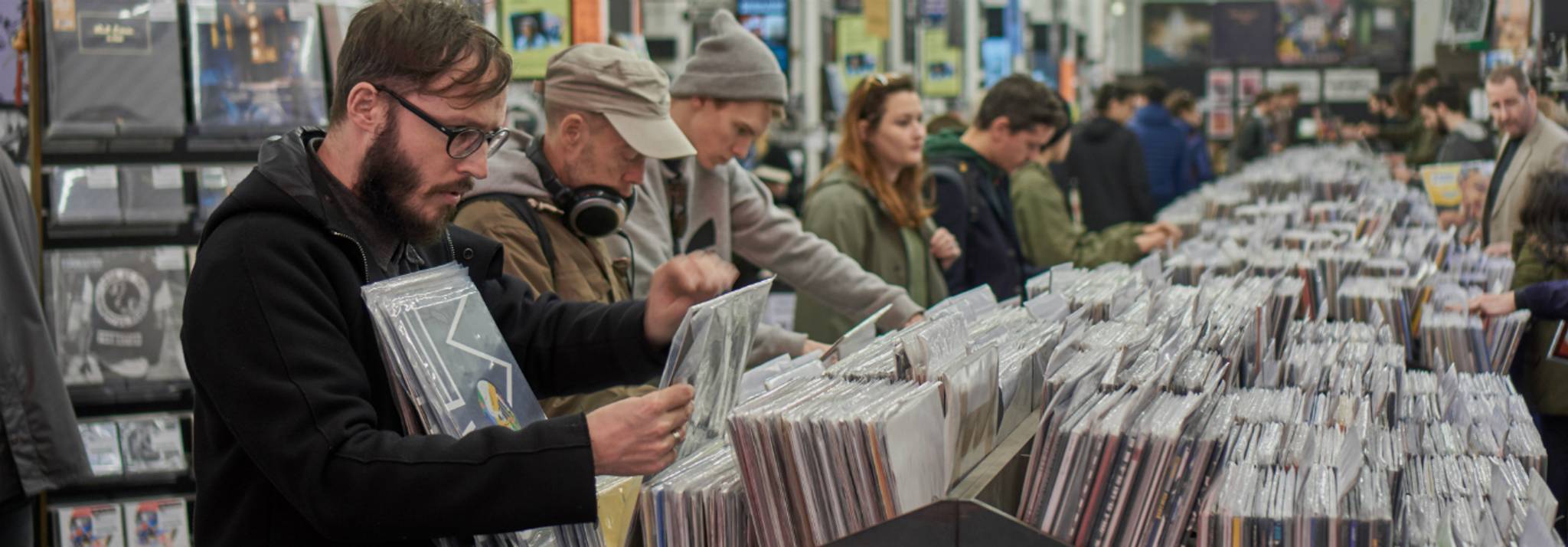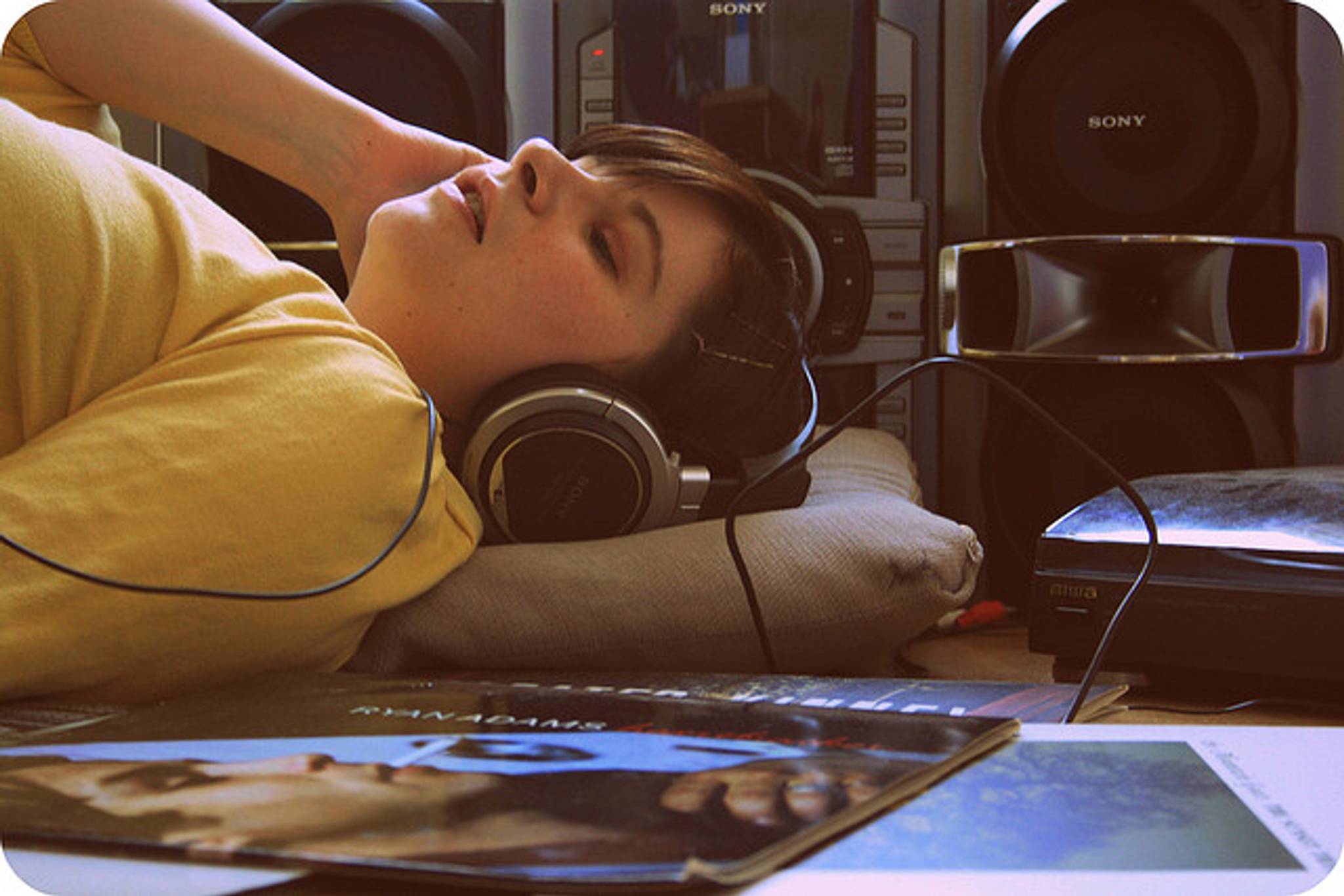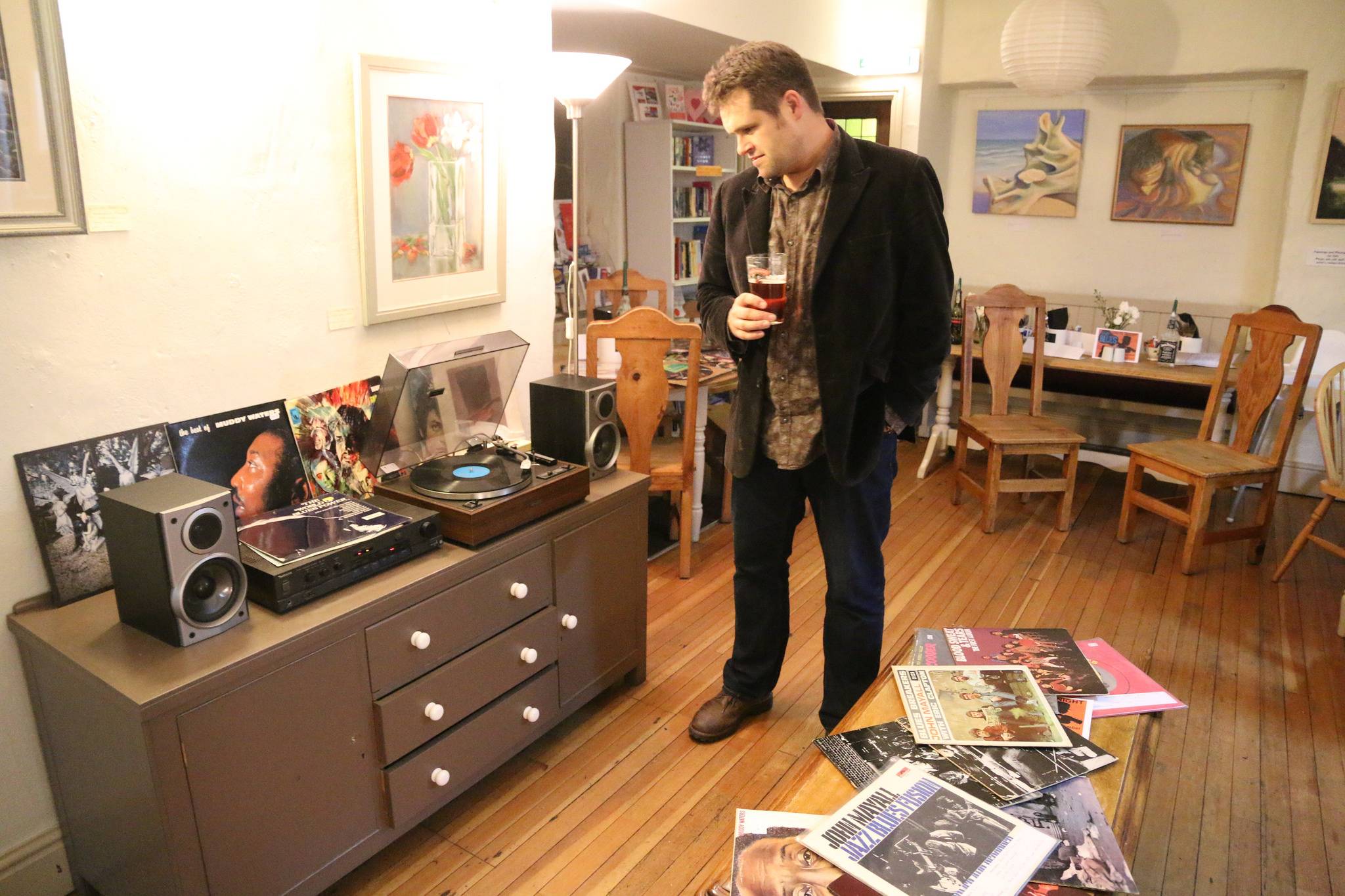
With vinyl being sold everywhere from Urban Outfitters to Tesco, it’s easy to believe that the format’s resurgence is a behavioural shift being adopted by people across the board. But research has found that the vast majority of vinyl purchases are made by self-professed super-fans, suggesting that its revival is being driven by a niche group rather than by music consumers en masse who are motivated by nostalgia, as we’ve previously been led to believe. We explore the science behind the vinyl surge and understand how a small group of enthusiasts is driving such a big change.
Despite the rise of audio streaming, physical music formats have been making a comeback in the past couple of years, with vinyl sales reaching a 25-year high in 2016. However, data released by the Entertainment Retailers Association suggests that 72% of these purchases are made by a relatively small group of people – 157,000 ‘super-fans’ to be precise. Spending an average of £400 a year, these enthusiasts accounted for £62.9 million worth of physical music sales in 2017. To get a general idea of the overall market size of music fans, the two most popular streaming platforms, Spotify and Apple Music, boast more than 90 million paid subscribers between them.
The fanaticism of super-fans can sometimes generate more movement in a sector than a large number of casual buyers, in what is referred to as Pareto’s Principle – the idea that 20% of the cause generates 80% of the effect. “Super-fans are the connoisseurs of entertainment,” says Kim Bayley, CEO of the Entertainment Retailers Association. “They are passionate about music or film or games and tend to favour the more sophisticated higher-value formats. Music, video and games may reach virtually the entire population, but it is these super-fans who are the backbone of the market.”
Super-fans are likely to remain faithful buyers due to the sense of community that fandom offers them. "Connecting with people over shared passions and interests is good for mental and emotional health because it helps to create a fraternity-like or family-like sense of security," says Dr. Laurel Steinberg, a psychotherapist and professor of psychology at Columbia University. Given that 56% of UK vinyl buyers say they're more likely to keep their feelings to themselves, while 69% say they enjoy being alone, their dedicated habit may provide a sense of belonging without compromising solo time.
Edoardo Biscossi is a behavioural analyst at Canvas8, which specialises in behavioural insights and consumer research. He has a degree in Political Sciences and a master’s in Consumer Behaviour. He’s interested in culture, people, art, the future, the niche, and the mass.



